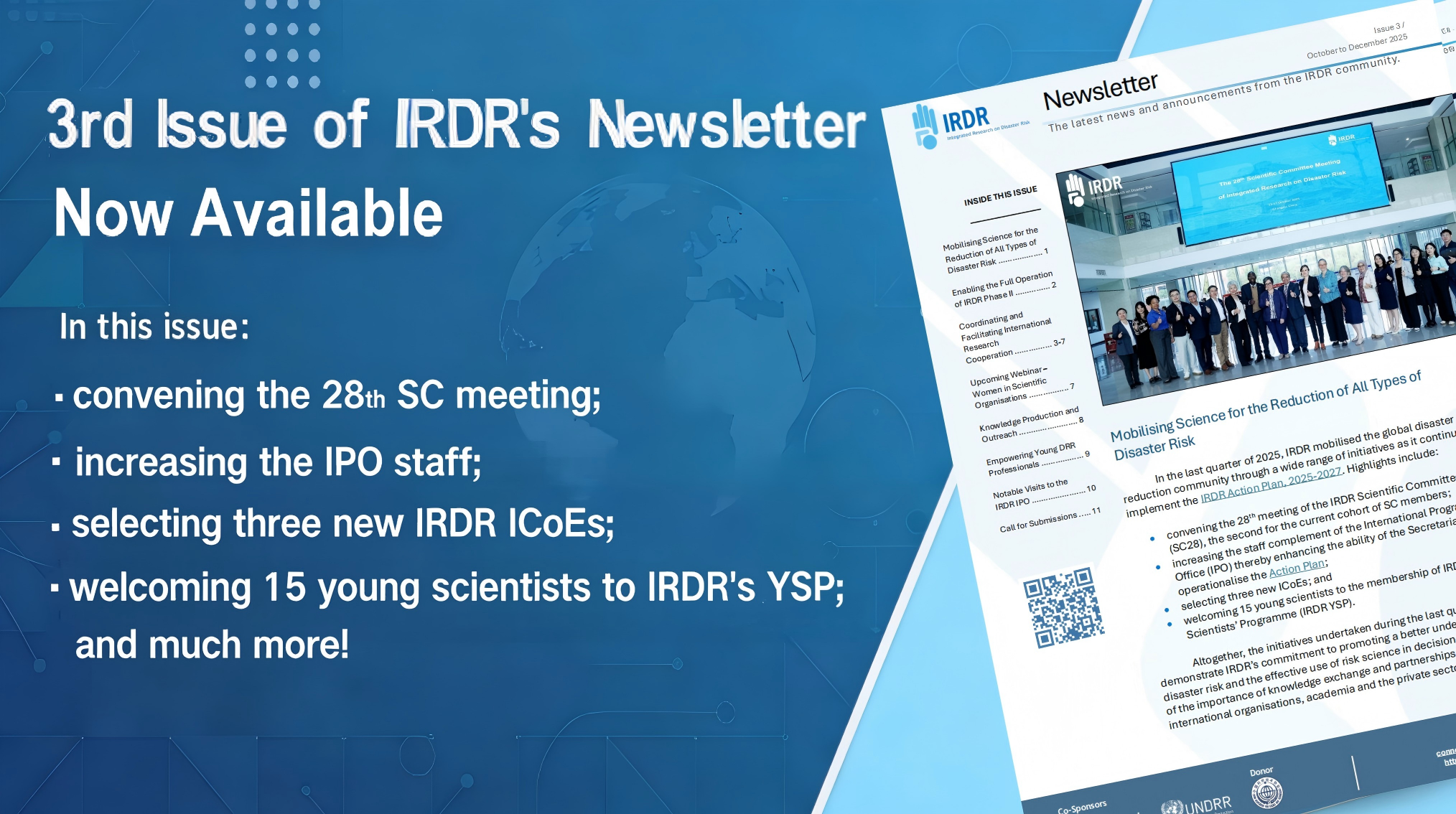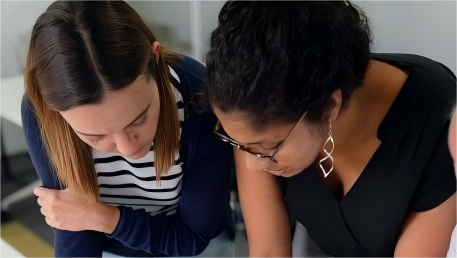Dr Barbara Carby, seasoned administrator in disaster management, looks at Jamaica’s seeming focus on emergency response to the chikungunya epidemic. She posits in her critique that the millions of dollars being spent now by the country would have derived greater benefits if the focus had been proactive and geared toward prevention and mitigation.

In her column, “Let’s think prevention and mitigation”, published in Jamaica Observer this month, Dr Carby explains why are prevention and mitigation important. “Apart from saving lives and property, it is a well-established fact in disaster risk management that the cost of prevention and mitigation is less than the cost of repairs and reconstruction. Much of the data on cost-effectiveness of prevention and mitigation comes from the study of natural hazards. Geoscience Australia, for example, conservatively estimates that, in general, including mitigation in design of structures will result in 15 percent savings in damage costs. An analysis of 67 projects in Australia concluded that for every dollar spent on flood mitigation there was a saving of $2.10 in damage and reconstruction costs,” she mentioned in her column.
Dr. Carby also said that the discourse surrounding chikungunya suggests that the public is not confident in the ability of the authorities to manage a more serious threat. She further stressed that events such as the chikungunya outbreak provide the opportunity for rehearsal and learning. “Standard practice calls for a review of the event by the authorities, and improvement of plans and capabilities based on the lessons from the analysis. Let us take the opportunity; the next outbreak may be much more dangerous,” Dr Carby said.
Dr Barbara Carby is the Chair of IRDR Regional Committee in the Latin American and Caribbean Region.





